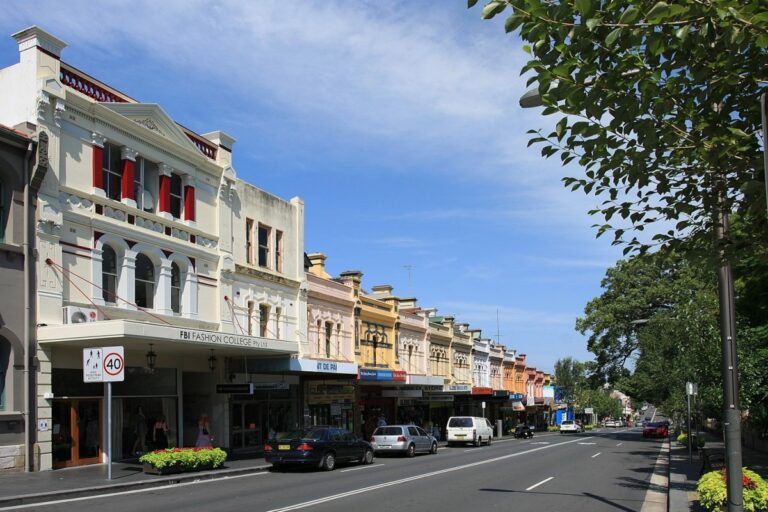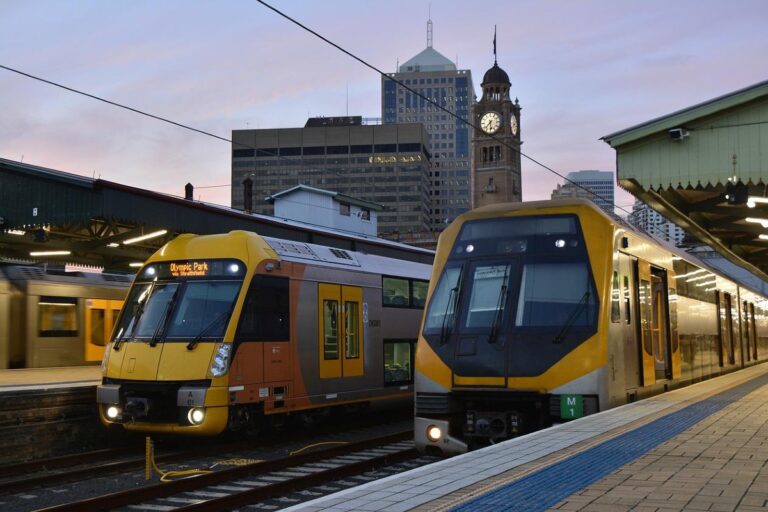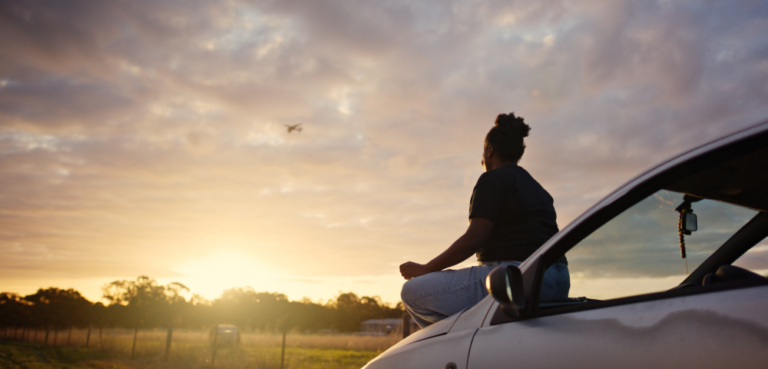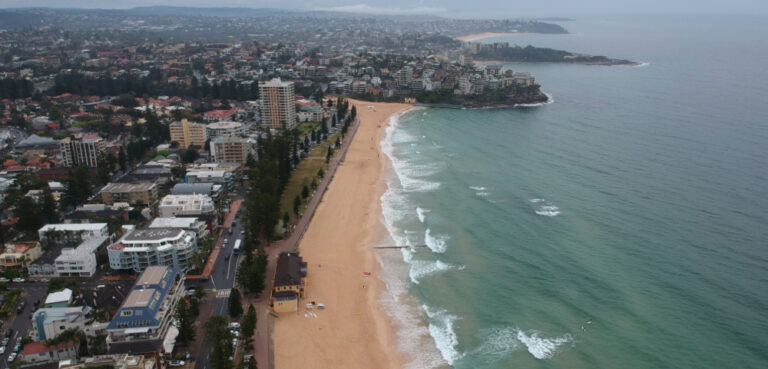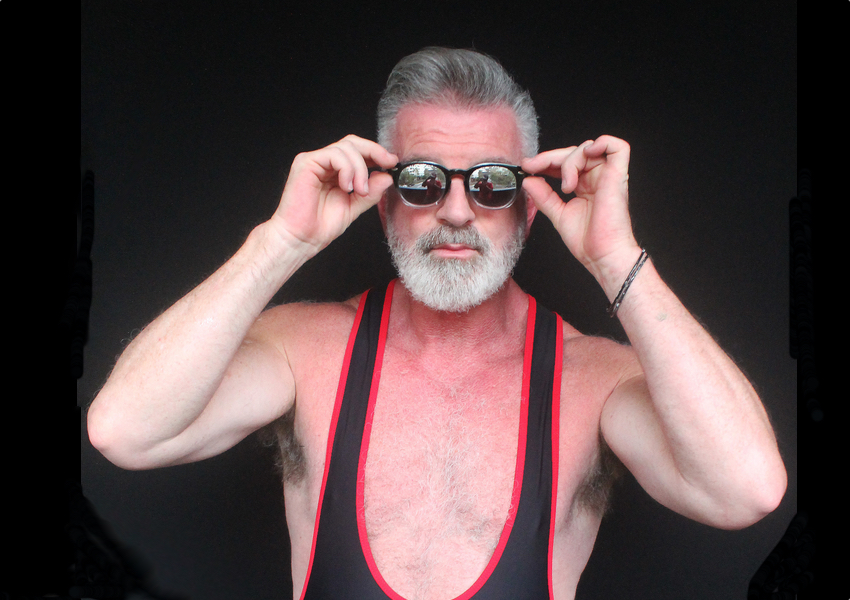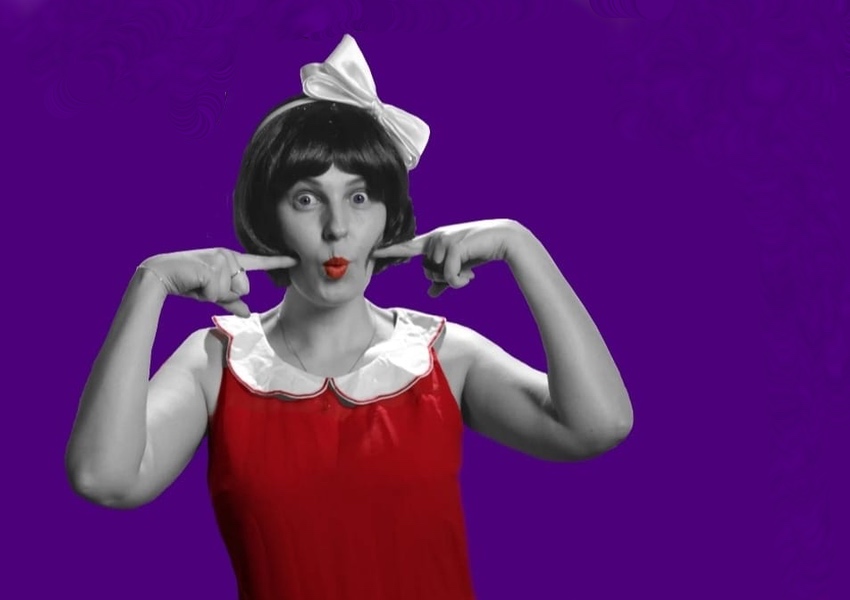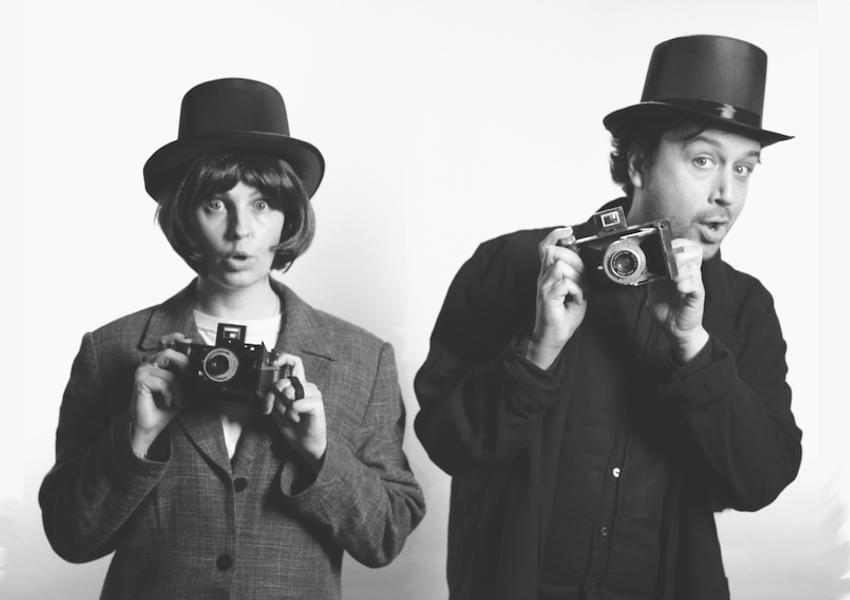
MARGARET CHO
Comedian, performer and writer Margaret Cho is renowned for her crude humour that focuses on sexuality and race issues. She starred in the show All American Girl in the 90s, wrote and directed a feature, Bam Bam and Celeste which premiered in 2005, has published two books, and released an album, Cho Dependent last year. She is now hitting Sydney Opera House with her new stand-up, Cho Dependent, as part of the Just for Laughs Festival.
When did you decide that you were going to be a comedian? Very, very young. I mean, I started stand up when I was 14 and I started my professional career at 16. It’s something that I always knew that I could do. It’s something that I just dedicated my life to and I will continue to do.
Did you find many obstacles starting out as a woman? Well I think comedy in itself is a very male dominated industry. The thing about comedy is that women aren’t supported in the way that the men are, so for women to survive in comedy they have to have a pretty resilient, tough quality, you know? They have to be pretty thick-skinned and super independent. Fortunately I didn’t have any other place to go. I didn’t have anything where I felt I had any value in society. I was a really overweight, queer teenager, so the only time I was visible is when I started doing stand-up comedy and I could express my opinion and be this other voice that people were forced to listen to. Because I was being funny but also I had a really distinct point of view and that really helped me a lot.
Did physical appearance have something to do with that? Yeah, well, I think that because I was overweight and very shy, and I was so invisible for my entire life, that I didn’t really care about failure. Failure didn’t have a lot of meaning, so if I did poorly, it didn’t really reflect badly on me because I didn’t have a lot in my life that would lift me up. I had no kind of place where I was getting self-esteem or attention or any kind of care, so in a sense the fact that I looked the way that I did helped, actually, because I worked on other areas of my life. I worked on my intelligence and my communication skills and all these different things that I would be able to rely on to draw people closer to me, and that really helped to be a comedian.
There was a Christopher Hitchens article that came out in Vanity Fair a few years ago called Why Women Aren’t Funny, where he says men need to be funny because they lack in so many other aspects, whereas women are already appealing. Do you agree with this and if so, why aren’t women funny? Well I think women are funnier than men. I mean, people I love in comedy are people like Joan Rivers and Whoopi Goldberg and Rosie O’Donnell. These women really were game changers when it came to comedy. So I don’t understand when people say women aren’t funny because that to me is where I draw my inspiration from. I do know that women aren’t supported in this industry and that a lot of the women who are really successful happen to be gay because we operate better without the approval of men, which is something that you won’t necessarily get as a female stand-up, you know, because female stand-ups are, I think, a threat to the male idea of what comedy is. So we’re just not as supported and, you know, if you’re a lesbian you don’t care about men any way so that sort of has made it easier.
On that point, do you think there is something about comedy which, more than any other art form can be therapeutic? Yeah there’s something raw about it. I mean, it’s a storytelling medium so you can really go into your tale and tell your story and it’s gratifying to have an audience laugh with you and agree with your experience and so I find comedy to be extremely therapeutic and extremely gratifying and very helpful actually, emotionally.
Is everyone bisexual? I think there are degrees of bisexuality. I know that I am and I’m definitely somebody who fluctuates in terms of attraction between male and female all the time. Also, I’m attracted to transgender people so I find, for myself, the term bisexual is probably not necessarily inclusive because I feel there are more genders than male and female. A lot of people fall in the middle of that range, that are neither male nor female or are both and that I’ve had relationships with. But I think everybody is to a degree bisexual whether they’re willing to act on it or not that’s another story.
What themes will you be exploring in this tour? Lots of sexuality, lots of good stuff, lots of dancing with the stars, there’ll be lots of music in there so there’ll be a lot of fun stuff. It’s going to be really like, old fashioned variety shows which is my favourite so there’s going to be a lot of stuff.
1-4 September, Sydney Opera House, $63.92-$79.90, 9250 7777, sydneyoperahouse.com
BY HENAR PERALES
